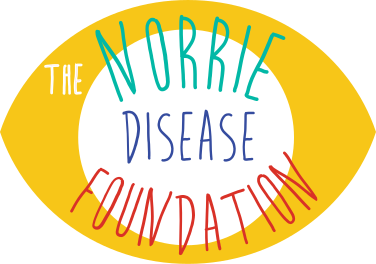Why bother With Braille? By David Wilkins who is blind and wears hearing aids due to Norrie disease.
The question first came up on the deck of the Tenacious, a tall ship for the disabled. And this was such an odd question it took me by surprise ‘but David, why do you bother with braille when you have audio instead?’ at the time I felt I was dealing with one of those rather strange people who for one reason or another prefer to use something different to the crowd. But I was to find that it was a question being asked regularly in the VI community.
The argument goes that with revolutions in technology and audio, why use a complicated system of raised dots which takes years to learn? The irony is that 110 years after the birth of its creator Louis Braille, his invention is everywhere. On train sinks and doors, on medicine boxes from the chemists and even on some (though very few products at the super market.) At the time of Louis Braille’s premature death at 43 this would have been unthinkable, as his own school flatly refused to introduce a system that did not use print letters.
So why one may ask, do some visually impaired people suggest that Braille is old hat, or surplice to requirements? Probably because they lost their sight at a later age (after 50) when reading Braille is much much harder. Or maybe also because their hearing has given them no trouble so far. With good hearing and no need of an aid, it is conceivable that you feel you do not need Braille at all. You can hear your computer, you can hear your friends and your audible phone app so why bother with Braille? The answer of course is that without it, you cannot read.
In the days before Braille the only system available was raised up printed letters, which were both hard to feel anyway, and so difficult to produce very few books existed. Blind children often had to rely on what the teacher said and very little else making Braille a true revolution.
Even today Braille fulfils functions audio never can. It’s difficult to listen to audio notes when doing a presentation, or to read aloud from a text if you’re trying to listen to it with one ear and find half way through that the voice is going faster than you can follow it. That’s how mistakes are made. But most of all, a child not taught Braille is more or less illiterate. They will be unable to read on their own, and if their hearing starts to give them trouble, it may well be too late for them to even learn Braille.
It may have taken me six years to become a competent Braille user, and a bit longer before I got used to reading on my own, but I’m now a veracious reader of anything I can find. And the introduction of technology which developed the Braille PDA means I can now access as many books online as I want to read. With no Braille, well I think I’d still be complaining that I couldn’t read the book I wanted because it hadn’t been recorded yet.
There is still the nagging question I’m asked from time to time “but why bother with Braille?” but now I have an answer, ‘because without it I’d be unable to read, or write, who wants to live like that?’ and if that means as some say I’m part of a mall minority who believe Braille is the future, well…too bad.
Family Stories are the personal views and experiences of the authors and should not be read as action or advice from the Norrie Disease Foundation.
